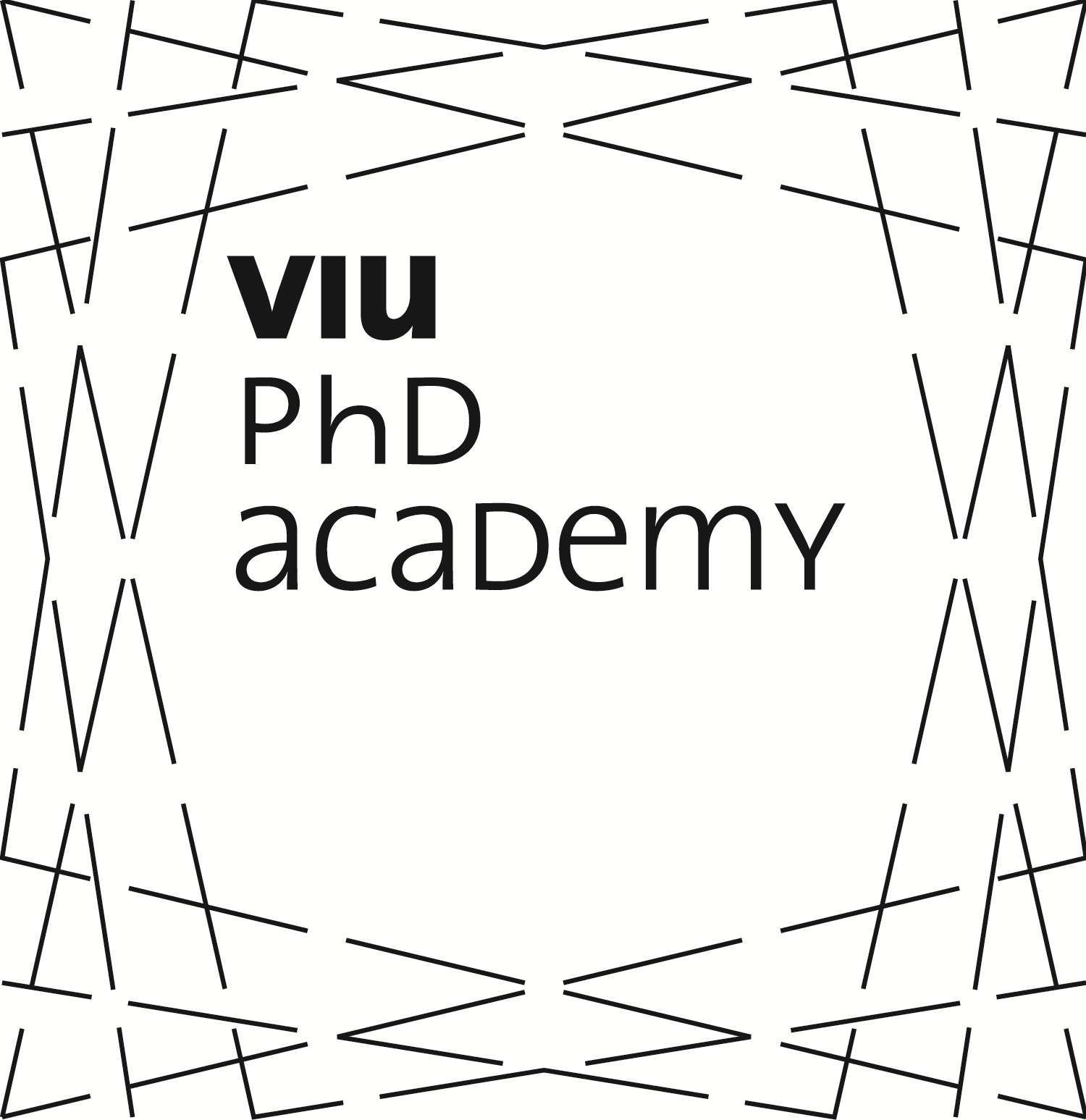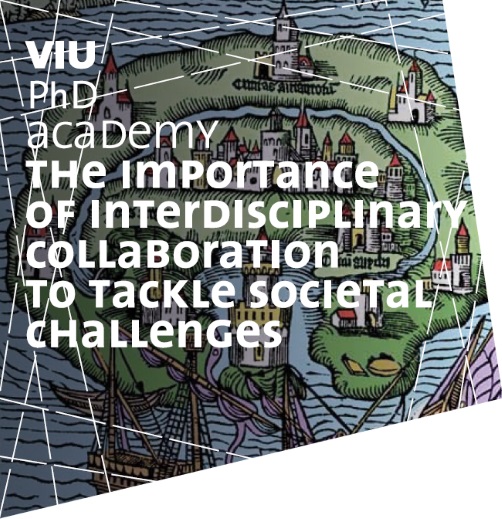International PhD Academy
18-22 September 2017
Imagine you are invited to contribute to the solution of major present-day challenges, such as sustainable development, aging, global warming... During the PhD Academy you will be a member of an interdisciplinary team tackling these challenges.
You will contribute to creative, imaginative and unexpected answers. At the Grand Finale your team will present and defend the result of your interdisciplinary collaboration.
Meanwhile, you will learn professional skills useful in a wide variety of situations. You will learn to influence decision-making, communicate ideas, values and opinions more effectively. You will obtain insight in and appreciation for your own and other disciplines. You will become a better professional.
The PhD Academy will allow participants to deepen their knowledge and theoretical understanding as well as to gain hands-on experience in developing interdisciplinary/intersectoral collaboration.
This PhD Academy will be led by:
- KU Leuven, Belgium (Prof. Pol Ghesquière - Scientific Coordinator)
In partnership with:
- CNR – National Research Council, Italy
- Duke University, USA
- European University at St. Petersburg, Russia
- Università Ca’ Foscari Venezia, Italy
- Università degli Studi di Roma “Tor Vergata”, Italy
Methodology
At the start of the PhD Academy, the participants will be divided into multidisciplinary teams and they will be given an overall objective, i.e. to build a new society where there was none before (e.g. the colonization of Mars).
This assignment will be the common thread throughout the week and will lead up to a grand finale on Friday, when each team presents the blue print of its new society in the form of a Pecha Kucha presentation. During morning sessions, various keynote speakers will address major topics related to the objective, while afternoons will be used for hands-on training of different skills needed to accomplish the objective and to work on the objective in the assigned teams. Throughout the week the participants will receive support and feedback from a variety of coaches.
Topics
- Organizing a society
From Plato onwards, political philosophy has articulated theories of justice. Theories of justice are normative theories that present accounts of how a political community ought to be organized. In this crash course, the most important theories of justice that have been formulated in the history of mankind will be presented, analyzed, and evaluated.
- Interpersonal relationships and skills
Personality assessments, finding out your own strengths and weaknesses, verbal and non-verbal communication, and providing productive collegial feedback are only some of the skills that will be tackled
- Presentation skills and Pecha Kucha
Pecha Kucha: 20 slides, 20 seconds per slide - an alternative, creative and fun way to present your research. In 6 min 40, you bring a to-the-point presentation
- Linking humanities, research and technology
Cognitive psychology, social sciences, and the arts and humanities have shaped (evolutions in) its amalgam of perspectives and methods. Rather than considering the end-users of technology as passive human factors who confine themselves to processing bits and bytes, we will discuss how the end-users of technology are to be understood as actors as well as creators who shape the meaning-making of the interaction with technologies in response to emergent values.The second part of the session consists of a hands-on design thinking workshop
Level of students and suitable fields of study
PhD researchers from different disciplines are encouraged to apply; candidates should be in an advanced stage of the doctoral program and be highly motivated to work intensively on this project in an international and interdisciplinary team. Open to candidates from all the VIU Member Institutions.
Applications
June 15 – July 7, 2017
via the VIU website
Who can apply?
The PhD Academy is primarily for candidates from VIU's member universities, although applications from excellent external candidates will be considered and evaluated. External candidates admitted to the PhD Academy will pay fees (further information available upon request).
Financial support is available to candidates from the Member Universities to support international travel and accommodation costs.
Applicants must submit the application form, a letter of motivation – which should include a brief description of the candidate’s PhD research project, a curriculum vitae and a photo.
For further information: phdacademy@univiu.org





























